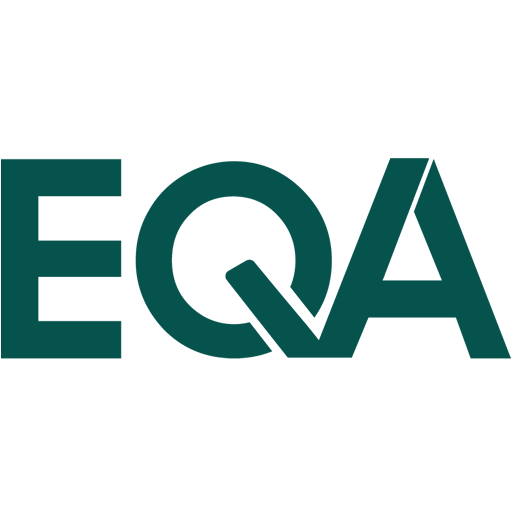
Taxonomy Validation and SFDR
EQA’s Taxonomy Validation and SFDR services:


Taxonomy Validation


SFDR Validation
Entity level SFDR validation.
Validation of SFDR article 8 and 9.
Verification of PIAS (Major Adverse Event) Reporting.
Verification of Periodic Reporting article 8 and 9.


ESG Investment Verification
ESG Verification Projects
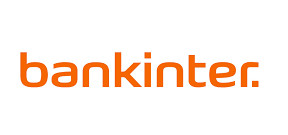

Validation of Bankinter's sustainability strategy and its alignment with the SDGs
Link to the press release >>>>
Identified need: Following an analysis carried out by Bankinter, the need arose to assess the correct alignment of its sustainability strategy, processes and lines of action with the SDGs.
EQA Service: EQA carried out a validation process, based on its own methodology and auditing standards, through which it validated the correct alignment of Bankinter’s initiatives with the SDGs, their targets and corresponding indicators. The work took as its starting point the analysis carried out by Bankinter, through which the SDGs associated with its sustainability strategy were identified and prioritised.
Benefits:
– Assurance of the correct prioritisation and alignment of actions contemplated in the Bank’s sustainability strategy with the SDGs, their targets and indicators.
– Improved internal management of the bank’s sustainability strategy.
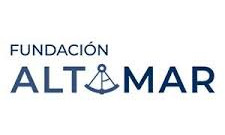

Validation of the process of evaluation and selection of impact projects
Identified need: Altamar Foundation presents the need to ensure that its project selection and evaluation process, through which it grants funding to social projects, guarantees an expected social impact and a correct alignment with the SDGs identified as priorities by the Altamar Group.
EQA Service: EQA carries out a validation of the Altamar Foundation’s social project selection and evaluation process. As part of the validation process, GAP(s) are identified and recommendations are given, this based on the best standards in impact measurement and management.
Benefits:
– Assurance of the efficiency of the resources allocated.
– Improved internal procedures.
– Alignment with the priority SDGs for the Altamar Group.
Why is it important to verify the sustainability data disclosed by an independent third party?
- The regulation issued by the European Commission for the disclosure of sustainability information recommends external verification as an additional assurance to the information reported by organisations.
- The EU Taxonomy recommends independent third party verification of technical criteria based on elements of “considerable technical complexity” that “may require specialised knowledge and may not be practicable for investors”.
- The CSRD proposal introduces independent verification of non-financial reporting statements.
- In relation to the SFRD, the ESAs report states: “voluntarily disclosing whether compliance of investments aligned with the Taxonomy have been subject to third party verification is an added value”.
- The Principles for Responsible Investment state that independent third-party verification of sustainability data reported by investors is a good market practice that provides a higher level of assurance and transparency.
- Some benefits of this good practice: independence and an opportunity to provide more accurate information to supervisors and investors, contributing to greater market transparency.
EQA verifies under the most recognised frameworks, standards and regulation in sustainable finance:
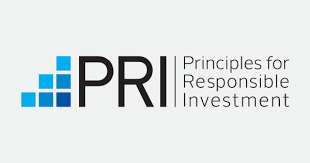

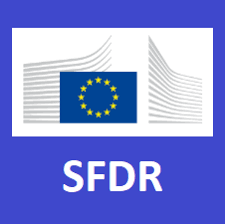

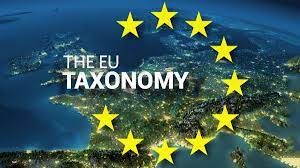

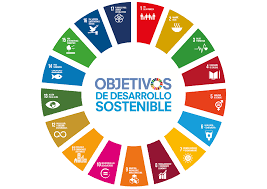

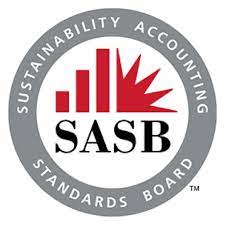

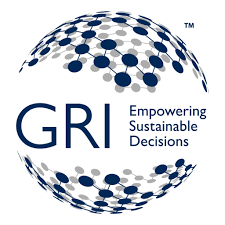

Frequently Asked Questions
1. What is the EU Sustainable Finance Strategy?
Since 2018, the European Commission, through its Sustainable Finance Strategy, has been taking firm steps to make the European Union an equitable and prosperous society, with a modern, resource-efficient and competitive economy, and in which there are no net greenhouse gas emissions by 2050. To achieve these objectives, and support a sustainable recovery after the COVID pandemic, it is necessary to adapt all sources of financing: public and private, national and multilateral.
These targets far exceed the capacity of the public sector, Europe will need approximately 350 billion euros in additional investments per year during this decade to meet its 2030 emissions reduction target in energy systems alone, on top of the 130 billion euros that it will need for other environmental objectives. As a result, private financial flows need to be channelled towards sustainable economic activities, it is therefore essential to complement environmental regulation with a clear, coherent and robust sustainable financing framework. The establishment of such a framework is underway and represents a unique opportunity for businesses and investors.
Building on the first action plan in 2018, and with a renewed sustainable finance strategy that expands on the previous plan and raises the level of ambition, the EU has put in place the three key pillars for the creation of a sustainable finance framework:
- A classification system for sustainable activities: the Taxonomy.
- A mandatory disclosure framework for financial and non-financial companies.
- Investment instruments, standards and labels.
2. What is the EU Taxonomy?
- It represents the key pillar in the process of creating the sustainable financing framework, and is a common classification system for economic activities that contribute substantially to the EU’s environmental objectives, using science-based criteria.
- On 18 June 2020, the Taxonomy Regulation was adopted, which aims to provide a robust and scientifically sound classification system, enabling financial and non-financial companies to share a common definition of sustainability, providing a safeguard against “Greenwashing”.
- Currently, the EU Taxonomy is designed for those activities that contribute substantially to two of the EU’s six environmental objectives: 1) climate change mitigation; 2) climate change adaptation.
3. What is the disclosure framework for financial and non-financial firms?
- It is a comprehensive and mandatory disclosure regime for financial and non-financial companies, which provides investors with the information necessary to make informed and sustainable investment decisions.
- Disclosures include the impact of a company’s activities on the environment and society, as well as the business and financial risks faced by the company as a result of sustainability exposure. This concept is known as “dual materiality”.
- This disclosure regime is composed of the following various regulations: a) Sustainable Finance Disclosure Regulation (EU) 2019/2088 (SFDR); b) Taxonomy Regulation 2020/852; c) Proposal for a Directive on Corporate Sustainability Disclosure Directive (CSRD).
4. What is the SFDR?
It is the Sustainable Finance Disclosure Regulation that applies to financial market participants in EU member countries that offer investment products and financial advisors. The information to be disclosed is on sustainability risks and key adverse impacts (PIAS), both at entity and product level. It is applicable as of 10 March 2021.
5. What does the Taxonomy Regulation entail?
The Taxonomy Regulation applies to financial market participants, and all companies subject to the Non-Financial Disclosure Directive (at national level the implementation corresponds to Law 11/2018), this until the current proposal for the Corporate Sustainability Disclosure Directive (CSRD) is adopted. The information to be disclosed is on turnover, CAPEX and OPEX, in the reporting year, corresponding to the products or activities associated with the EU Taxonomy. It is applicable from January 2022.
6. What is the CSRD?
This proposal would amend the existing reporting requirements in the Non-Financial Disclosure Directive, extending its scope to all large EU companies and all companies listed on regulated markets (except micro companies listed on stock exchanges). The information to be disclosed will be based on official disclosure standards. It also incorporates mandatory verification of sustainability information by an independent third party. It is expected to be implemented from 2023.
Follow us
Tel. +34 913 078 648